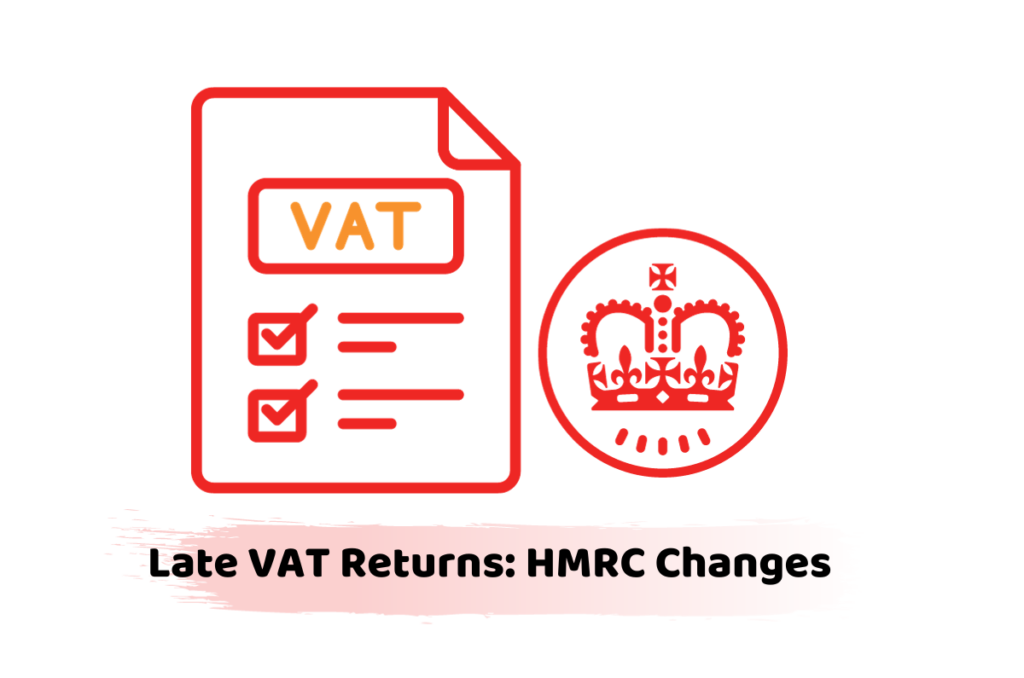VAT returns and payments should be submitted to HMRC no later than seven days after the end of the month following the end of the VAT period. If the return and/or payment is late, it can result in the business entering either or both of the penalty regimes for late payments or late returns. If the return has still not been submitted about six weeks after the end of the VAT period or two weeks after the due date for sending in the return, HMRC will produce a ‘central assessment’ for the VAT it estimates the business owes. The assessment is calculated on the liability of previous VAT returns and is normally inflated to encourage the submission and payment of the VAT return by the due date. If a business is persistently late, the level of the assessment is inflated by greater amounts to encourage compliance. Any penalties for late payment are initially calculated based on the estimate of the VAT liability.
New Method of Processing Late Returns
Previously, when a late VAT return was submitted to HMRC, the central assessment was removed from the VAT account by the next working day. The estimate was replaced in the VAT account by the actual figures submitted. Any checks on the submitted return would take place in due course. HMRC has confirmed that this approach has now changed. By design, the updated process does not update the VAT account to remove the central assessment until the late return has been fully processed. If the late return is subject to compliance checks, the central assessment will not be removed from the VAT account until those checks are complete. If HMRC’s system does not flag the late return for additional checks, the balance in the VAT account may still be updated by the next working day. If a business receives a central assessment, it should endeavour to file the outstanding VAT returns as soon as possible. In some cases, it may be necessary to pay the central assessment to prevent the business from incurring additional penalties. This should also prevent HMRC’s debt management team from chasing the payment.
What Can This Mean for Businesses?
Under the system for processing late returns, if HMRC selects the business for a verification visit following submission of the return and payment, the business’s account will not have been updated and enforcement action will continue if the assessment has not been paid. This could result in an enforcement officer turning up at a business’s premises and distraining on its goods because the submission of the return will not show up on HMRC’s ledger until the verification has been completed. This could cause businesses, at the least, embarrassment and, at worst, financial hardship.
Avoid a Penalty
If a business does not have the funds to pay its VAT liability, it should still send its return in on time and contact HMRC’s business support line and arrange a ‘Time to Pay’ agreement with them (normally three to six months), which will avoid a penalty. It is therefore important to send in the return and agree a Time to Pay arrangement with HMRC, rather than ignore the problem and hope it will go away – it will not!
Practical Tip
HMRC’s new method of processing late returns could result in some businesses being subject to enforcement action even if they submitted the return late. Businesses should ensure that the return is submitted on time and if they cannot pay, agree a Time to Pay arrangement with HMRC.





















































